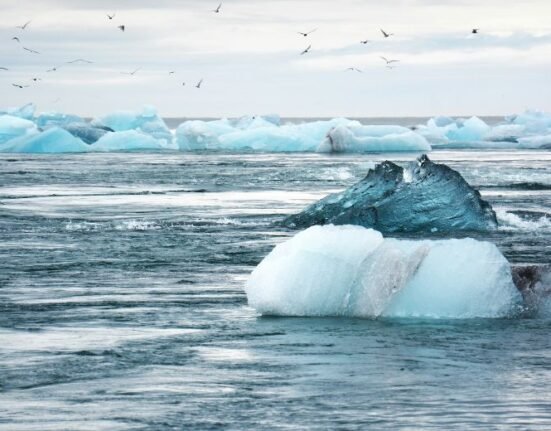HQ Team
March 11, 2024: Europe, one of the fastest-warming continents in the world, is not keeping pace with a rapidly growing climate crisis threatening its energy and food security and people’s health.
An assessment by the European Environment Agency stated that national policymakers “must act now to reduce climate risks both by rapid emission cuts and by strong adaptation policies and actions.”
The study identified 36 major climate risks for Europe within five broad clusters: ecosystems, food, health, infrastructure, and economy and finance.
More than half of the major climate risks identified in the report demand “more action now and eight of them are particularly urgent.”
The urgent steps included conserving ecosystems, protecting people against heat, protecting people and infrastructure from floods and wildfires, and securing the viability of European solidarity mechanisms, such as the EU Solidarity Fund.
Inadequate access to cooling
In the food sector, even a partial shift from animal-based proteins to sustainably grown plant-based proteins would reduce water consumption in agriculture and dependency on imported feed.
Risks in the ecosystem cluster require urgent or more action, with risks to marine and coastal ecosystems assessed as “particularly severe.”
As far as people’s health is concerned the greatest risk is specific population groups, such as outdoor workers exposed to extreme heat, the elderly and people living in poorly built dwellings, in areas with a strong urban heat island effect or with inadequate access to cooling.
“Many levers to reduce climate risks for health lie outside traditional health policies, such as urban planning, building standards and labour laws,” according to the first-ever European Risk Climate Assessment.
Rising sea levels and changes in storm patterns can cause devastating impacts on people, infrastructure and economic activities, it stated.
Residential buildings
“In southern Europe, heat and droughts cause substantial risks to energy production, transmission and demand. Residential buildings also need to be adapted to increasing heat.”
Climate extremes could increase insurance premiums, threaten assets and mortgages, and increase government expenditure and loan costs, escalating the impact on the economy and finances.
Some of the regions in Europe are hotspots for multiple climate risks. “Southern Europe is particularly at risk from wildfires and impacts of heat and water scarcity on agricultural production, outdoor work, and human health.
“Flooding, erosion and saltwater intrusion threaten Europe’s low-lying coastal regions, including many densely populated cities,” according to the assessment.
The report stated that many of these risks “have already reached critical levels and could become catastrophic” without urgent and decisive action.








